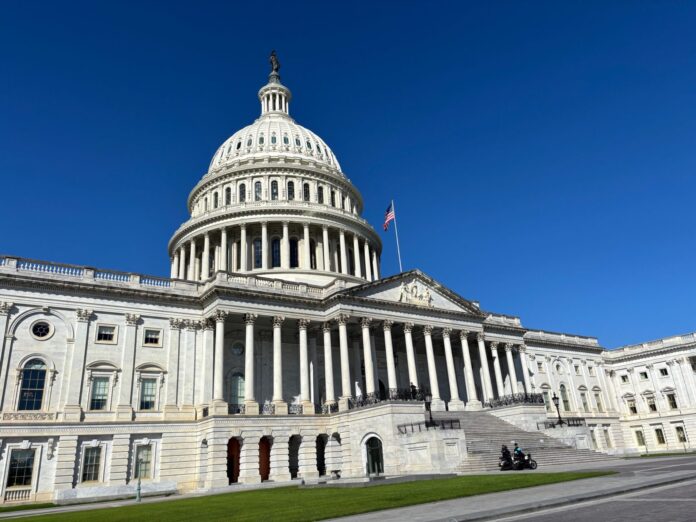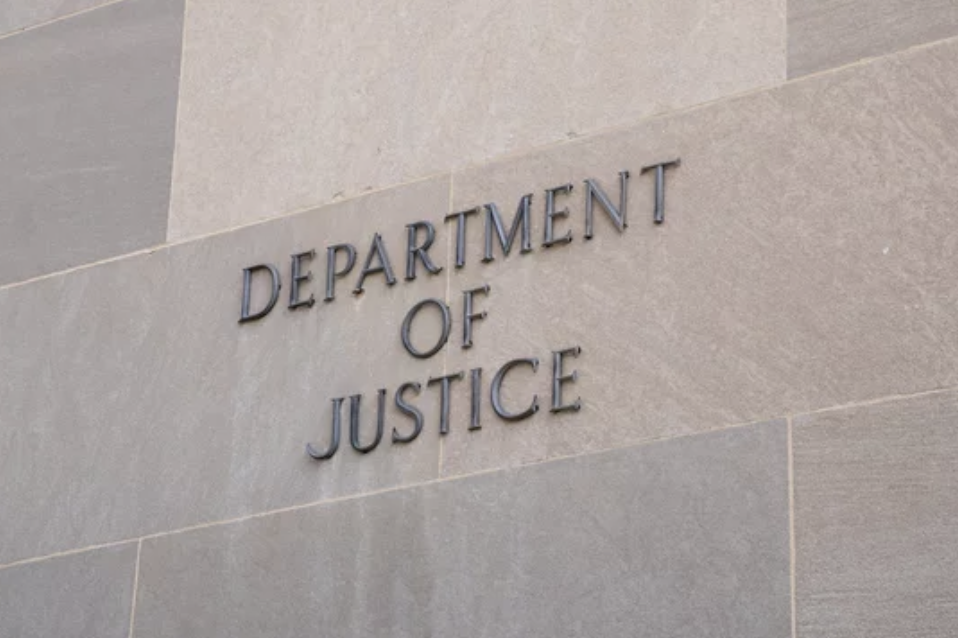
U.S. Sens. Jon Ossoff (D-GA) and Marsha Blackburn (R-TN) recently proposed legislation intended to “crack down” on human trafficking at the southern border.
There’s reportedly been a rise in cases of kidnapping and extortion of migrants in U.S. border cities in recent years, according to federal authorities, as human smuggling has gone from a “largely individually-led enterprise” to one controlled by major “transnational criminal organizations.”
Through Ossoff’s and Blackburn’s bipartisan Border Smuggling Crackdown Act, updated sentencing guidelines for convicted human traffickers could “ensure penalties reflect the number of humans smuggled.”
With the Department of Justice reporting that current U.S. sentencing guidelines fail to address the scope of human smuggling crimes, officials say the new bipartisan bill could seek to update sentencing guidelines – in that they’d reflect the number of persons injured or murdered in instances of human smuggling.
“Criminals and human traffickers who exploit and smuggle human beings across our southern border must pay a heavy price. They threaten our national security and exploit victims of trafficking,” Ossoff said. “I’m introducing the Border Smuggling Crackdown Act with Senator Blackburn to empower federal law enforcement in their fight against human trafficking at our southern border.”
Blackburn also emphasized the need to “modernize” sentencing guidelines to counter human trafficking.
“Cartels at our southern border are trafficking and exploiting innocent men, women, and children every day,” Blackburn said. “Our bill would modernize federal sentencing law to better hold these human smugglers to account and ensure that sentencing for these crimes reflects every single person these criminals injure or murder.”
Officials say that in fiscal year 2023 there were 4,731 individuals sentenced for alien smuggling across the U.S. – a 675-person increase from FY22 and a 1,180-person increase from FY21.







